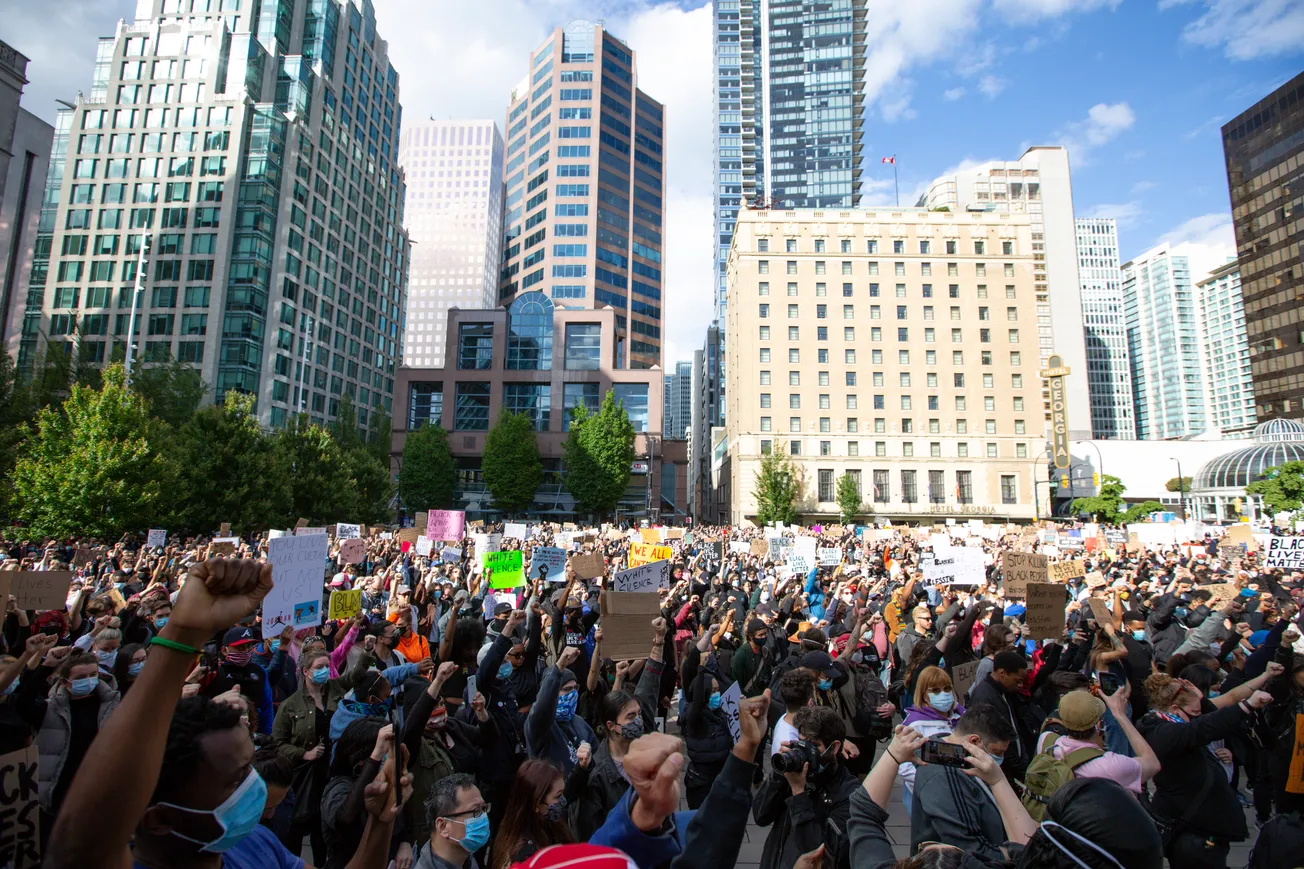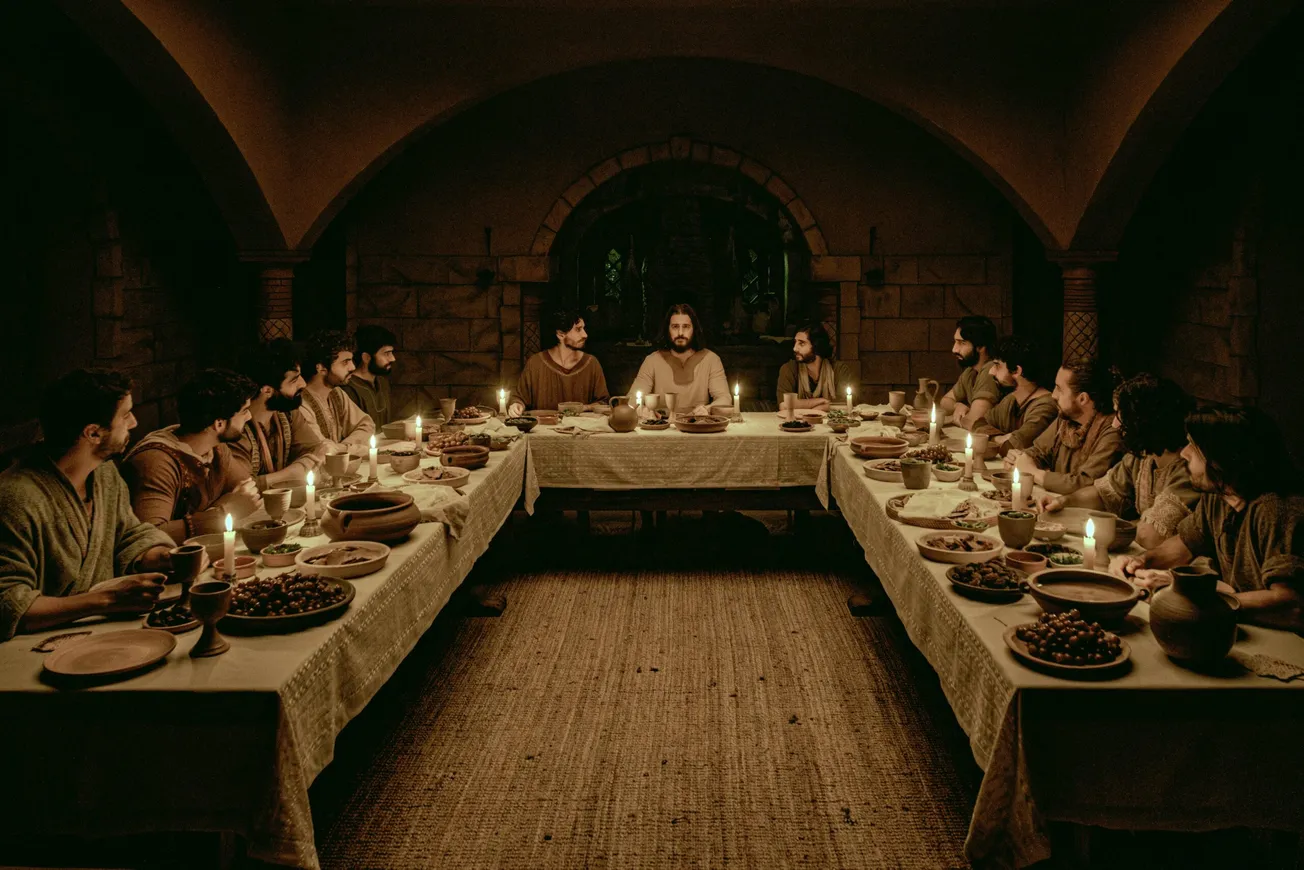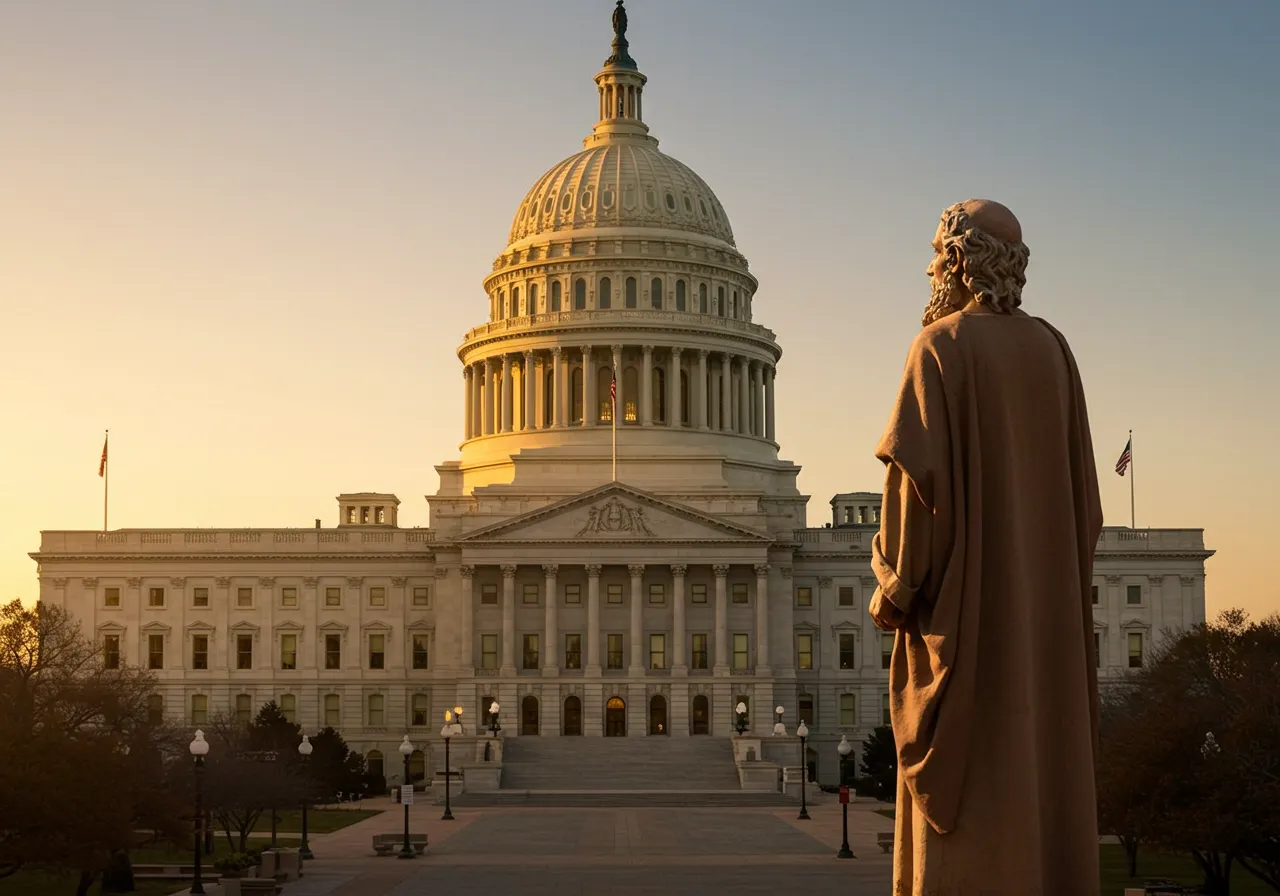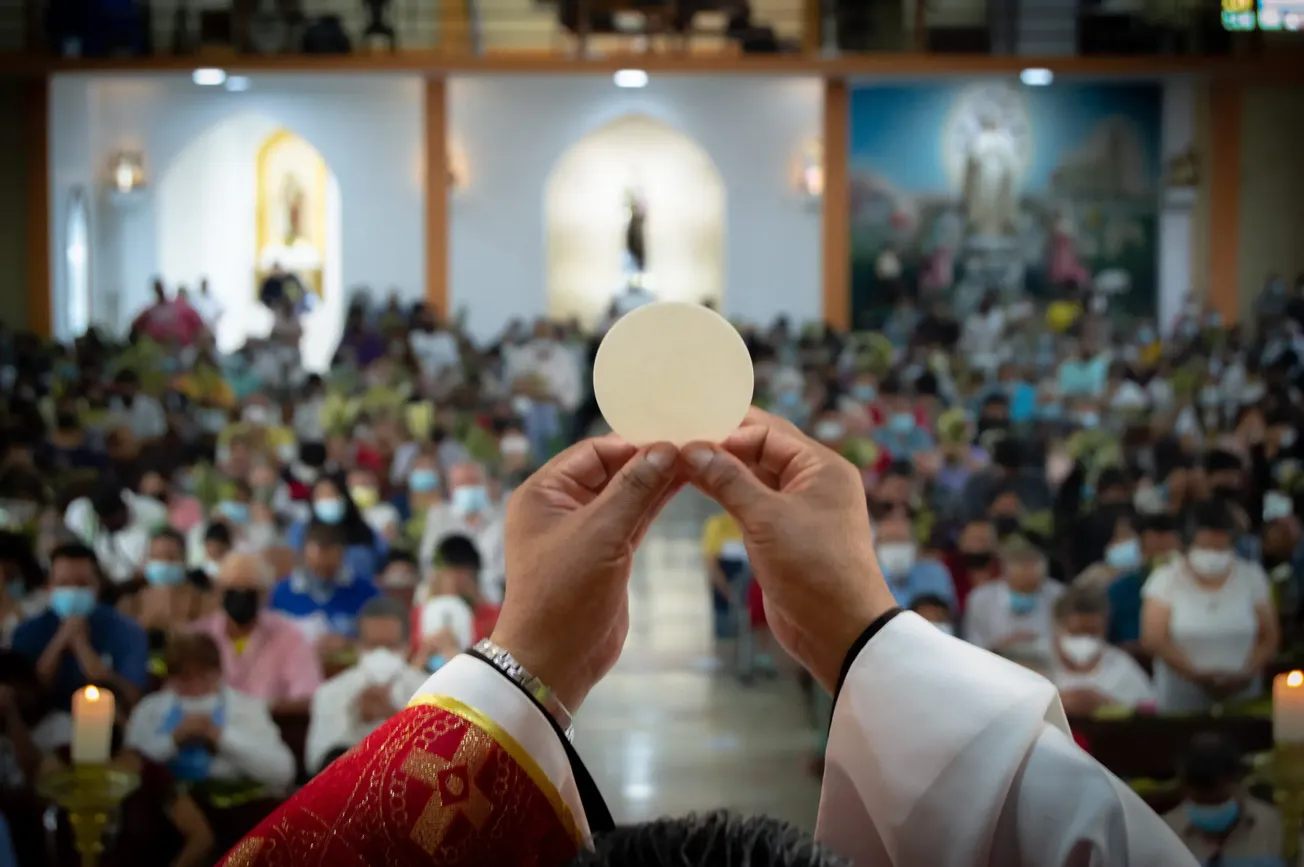Catholic social teaching is very clear that each person is made “in the image and likeness of God.” Therefore, we must demand to be treated with both respect and dignity. In my context, this causes me to wonder: Why can’t we hear from the Canadian Catholic bishops on the suffering that systemic anti-Black racism has caused in the country and in the Church itself?
The typical blanket response is simply that each human being is sacred to God and therefore we should strive to treat each other with Christian virtue and values. This would be wonderful if the bishops themselves actually became introspective and admitted the racist practices and policies that have existed within the Canadian Catholic Church.
In the days of the prophet Amos, God made it clear that he was with those who were suffering. Further, he sees when others have caused pain and oppressed his people. This should be a reminder to the bishops to live the word of God:
“On the day I punish Israel for its transgressions, I will punish the altars of Bethel”
(Amos 2:14)
The Church does not want to take moral leadership in Canadian society concerning issues of racism, or more specifically, anti-Blackness. The last statement the Canadian Conference of Catholic Bishops made on the matter was on March 21, 2004: the pastoral letter, “Eliminate Racial Discrimination: See Every Person as My Sister or Brother.”
Ideally, the Catholic Church should be like a lamp that, when lit, does not go under a bushel basket. (Mark 4:21) Where has the Canadian bishops’ lamp been during the last two decades? In one of his Wednesday audiences in June 2020, Pope Francis spoke of George Floyd, making a very impactful statement that should have had all bishops addressing racism with zeal. His Holiness stated:
“My friends, we cannot tolerate or turn a blind eye to racism and exclusion in any form and yet claim to defend the sacredness of every human life.”

There is the appearance that the Canadian leaders do not want to tackle these issues. Legislators, policymakers, and religious leaders all remain quiet during the sufferings of Black people in Canadian society. The Canadian bishops have not been an example of moral leadership in exemplifying the ideals of our Church. Furthermore, all of the social change happening around us should elicit some form of acknowledgment. Instead, what is offered to Black Catholics is a whimsical reply that indicates the lack of value that the bishops have placed not only on the Black Lives Matter movement in Canada, but also the response to anti-Black racism within the Church.
How, then, are we as Catholics to address the suffering of Black people in Canada? Does the Catholic Church need to acknowledge or reply to the presence of Black Lives Matter protesters and advocates? Such a solution should be quite obvious, given that these remedies are in line with the official doctrine of the Church. Therefore, why are the Canadian bishops reluctant to actually provide moral insight and publicly recognize the suffering and experiences of Black Canadians?
It is important to be reminded that Black Catholics are linked by our baptism as members of the mystical Body of Christ. St. Paul said this:
“Just as the body is one and has many members, and all the members of the body, though many, are one body, so it is with Christ. For into one Spirit we were all baptized into one body—Jews or Greeks, slaves or free—and we were all made to drink of one Spirit.”
(1 Cor. 12:12-13)
Thus, it is through our baptism that we are all united to Christ. Can the bishops justify exempting Black people from this reality? There are so many questions left unanswered because dialogue with the Black community in particular is lacking. Until this changes, the Canadian bishops will remain a far cry from being moral leaders on issues of anti-Black racism.
Tamika Royes has fifteen years of experience in the social services sector in various roles. She has been a tireless advocate of justice causes, beginning in high school. She is currently pursuing a post-graduate certificate at Assumption University.










